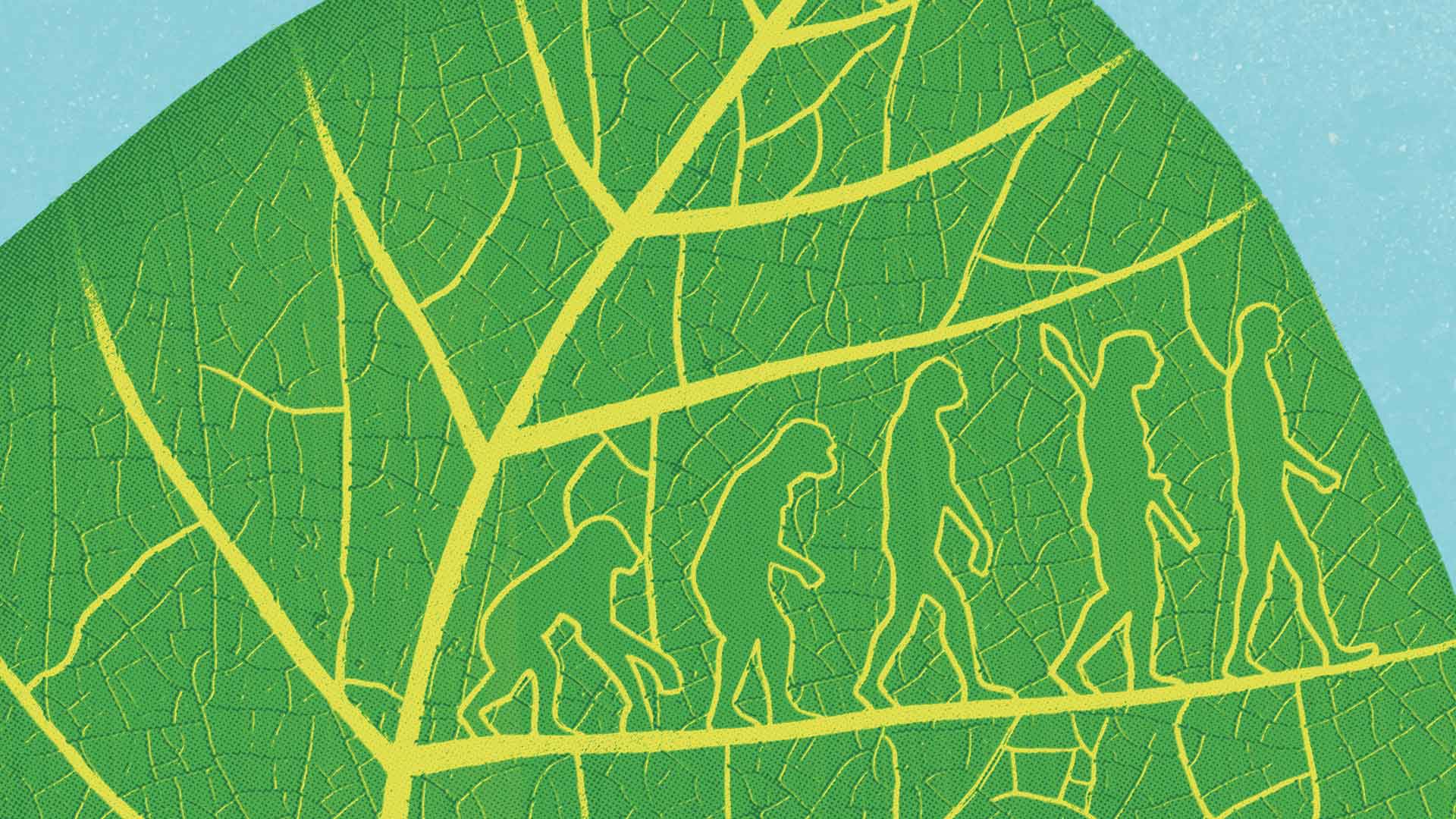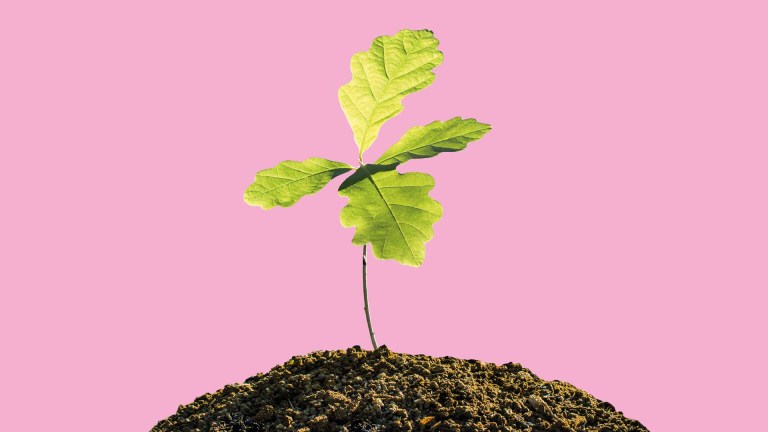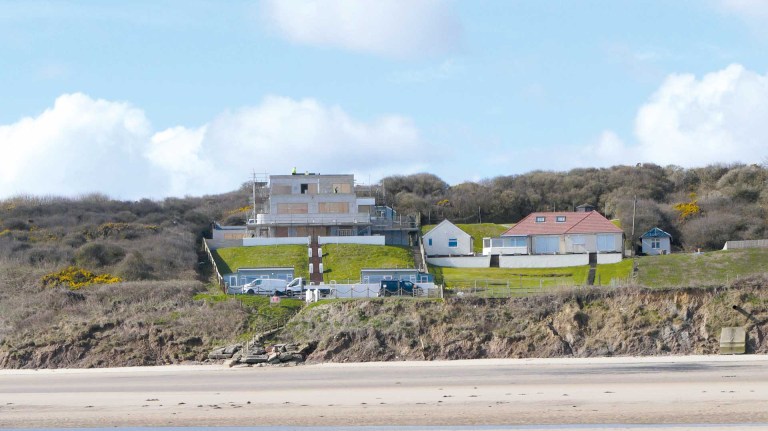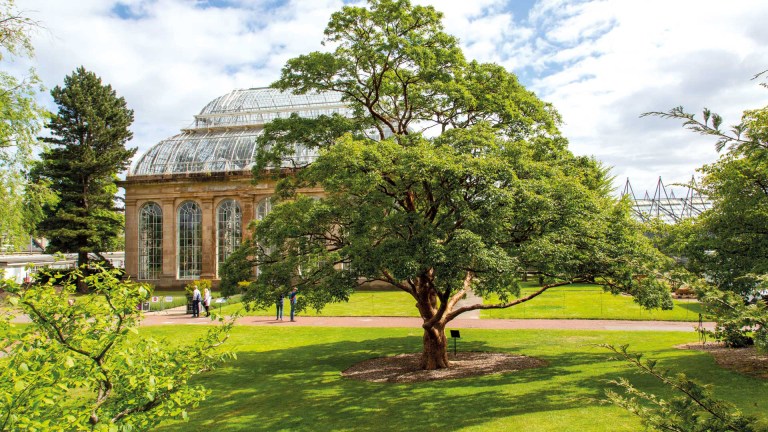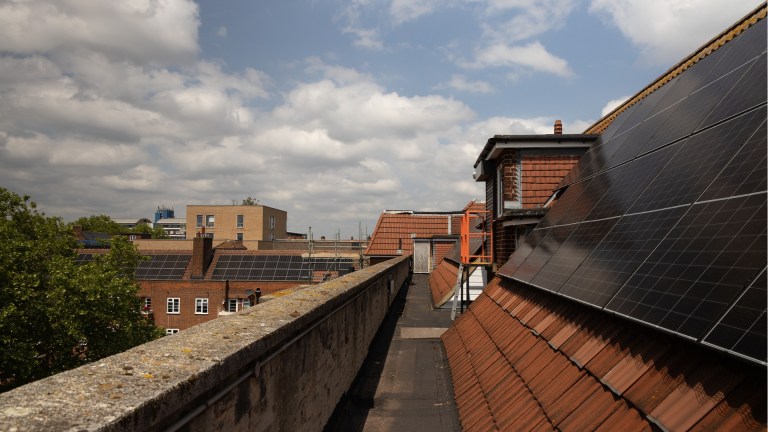There is a place called Shark Bay in Australia where you can see stromatolites. They look like rocks and sit in shallow water at the shore but they’re incredible organisms because they were the first plants on Earth to be able to fuel themselves just from light and water.
Photosynthesis, where light is converted into energy, is the root of all life. Without plants being able to do that nothing else would be able to live. Everything else has to eat something. And about three and a half billion years ago, stromatolites were the first living things to come on to land from the sea.
Slowly, organisms became more complex. As well as stromatolites there was algae in the sea. From that you move into mosses and liverworts, and from those you start to get what’s called vascular plants, which have a more developed system of taking up sugars and capturing carbon dioxide from the air.
Plants developed supporting cells that gave them more structure, so you see stems. A good example of what some of the early plants would have looked like that is still around today is equisetum – also called mare’s tail – that has green stems that grow straight upright. They’re still squashy and fleshy but from those you got more tree-like vegetation forming. And with that, we’ve just gone through a couple of hundred million years of plant evolution.
Ferns are pollinated by spores, which were the precursor to the seed. The first seeds were like conifers and pines, then after those you start to get flowers growing, like magnolias. The oldest-known insect lived in the Devonian period, 417-354 million years ago, and much of the early flowers were pollinated by beetles – before butterflies and bees. From those flowers, bamboos and grasses develop.
Pine and conifers came before other trees. The Wollemi pine was one of the earliest. It was thought to be extinct until it was found in the Blue Mountains in Australia in 1994. That’s the equivalent of discovering a living dinosaur roaming around. Monkey puzzle trees are another early species, pretty much identical to how they would have been hundreds of millions of years ago – and they’re still around today.
